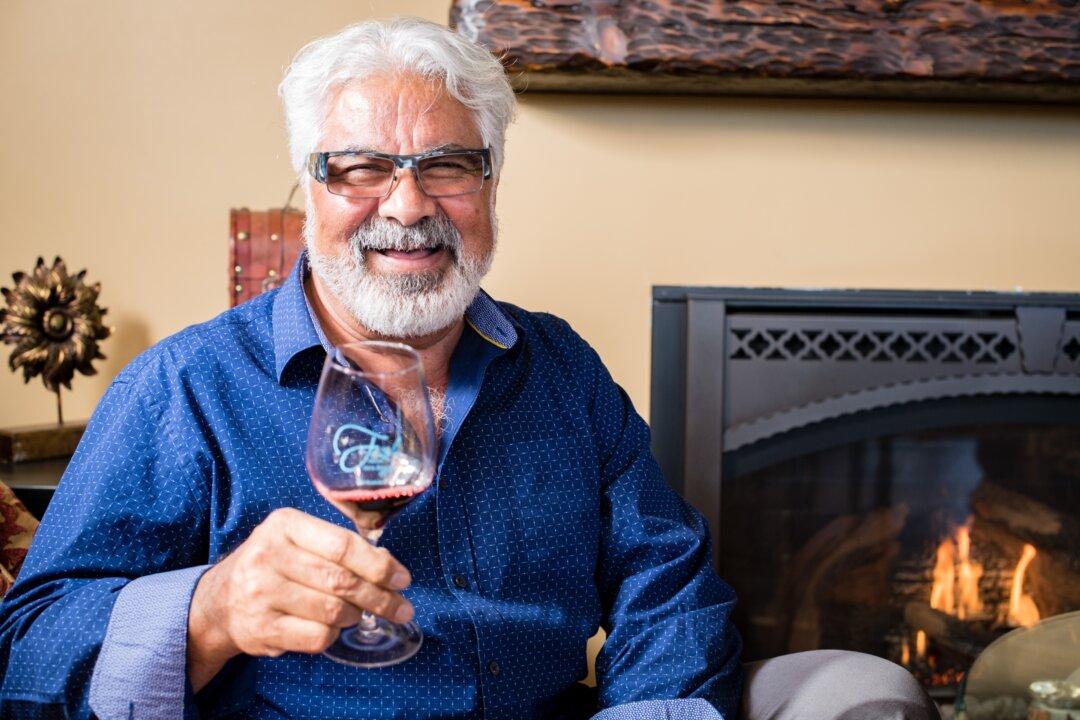The crushing effect of the COVID-19 pandemic—including recent rollbacks on reopening in California—is enough to make even the most seasoned of Temecula Valley vintners want to drown their sorrows.
“Do you have a bottle of tequila?” BJ Fazeli asked facetiously. “Give me something much stronger.”





